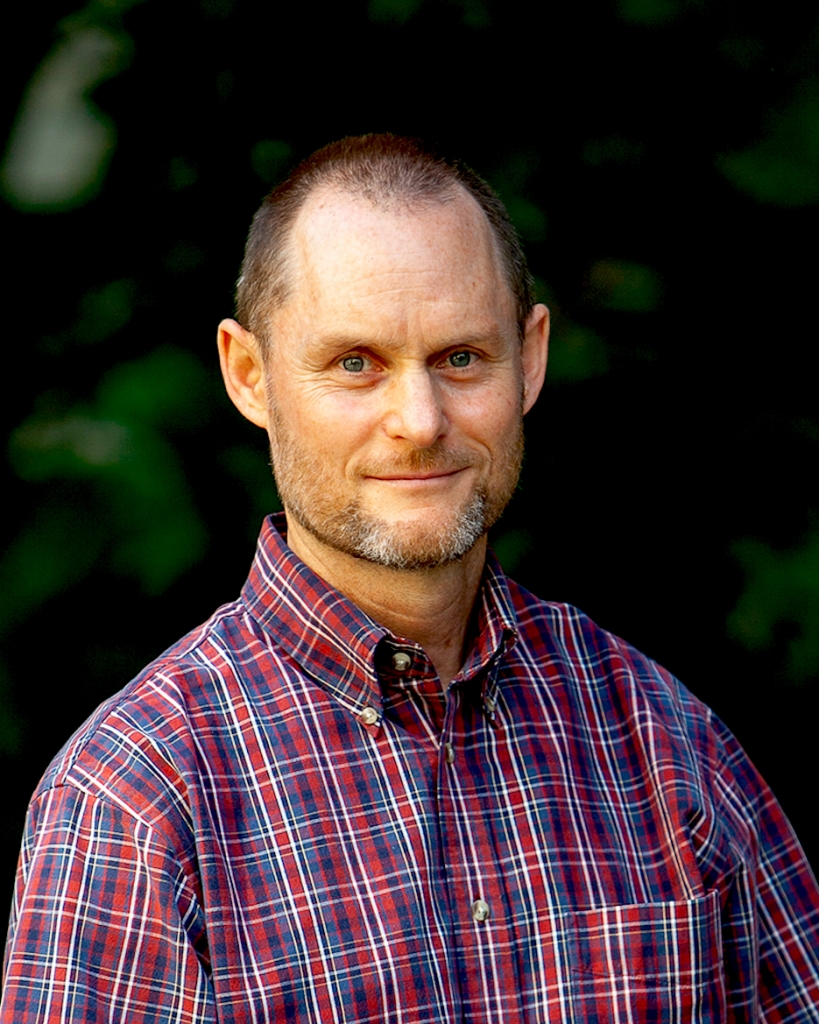
The Western College of Veterinary Medicine’s Pharmhouse Summer Student Swine Experience Program successfully attracts veterinary students to swine medicine careers, benefiting students, educators, and participating veterinary practices.
Dr. John Harding, a professor in the Department of Large Animal Clinical Sciences at WCVM, explained how they developed the program to address the shortage of veterinarians in livestock medicine, particularly in the swine sector.
“The program aims to encourage more students to pursue careers in this critical area by placing them in swine veterinary practices over the summer,” said Dr. Harding.
The program places first-year veterinary students in 12-week placements from May to July, working with swine veterinarians. Students gain hands-on experience in various production stages, from breeding to finishing, while interacting with faculty and practitioners.
“It serves as both a training and recruitment tool, exposing the next generation to livestock care and bringing fresh enthusiasm to the field,” he said.
A program participant credits the program with introducing her to the opportunities offered by a career in swine veterinary medicine.
The WCVM program at the University of Saskatchewan, which places veterinary students in swine veterinary practices during the summer for hands-on experience working with pigs, was expanded this year to include veterinary students across Canada.
Nicole Seebach, a second-year veterinary student at the Ontario Veterinary College at Guelph who worked at Demeter Ontario, said she had no experience with swine, so this program was a good fit.
Over about four weeks, they developed essential technical skills, including piglet processing, what to do on the weaning day, sorting pigs based on size and administering vaccinations. This practical training provided valuable insights into the day-to-day operations and critical tasks necessary for efficient livestock management.
“It was really cool seeing what a producer does day to day and being able to help.”
Nicole shared details about the rest of her eight-week program, which included valuable hands-on learning experiences such as barn walks with veterinarians, post-mortem examinations, and blood sampling on pigs. She highlighted her participation in a coccidia trial with Dr. Caesar and Siva Pharmaceuticals, where they collected fecal samples, administered treatments, and analyzed results like mortality rates and average daily gains. This experience was especially significant for her, as she may even present the findings at the AASV conference in San Francisco next year.
She reflected on her time in the program, expressing how valuable it was to be involved in research and to work closely with the Demeter vets in Ontario. She emphasized how the program opened doors for her in swine veterinary work, especially since she had no prior experience with pigs.
“Without the program, I wouldn’t have ventured into swine,” she said. The opportunity made her feel welcomed, which she found essential for students like her with limited exposure to the field. She found the hands-on experience invaluable in broadening her career perspective.
“I had previous large animal experience and was always interested in swine. But when you have zero experience, contacting these big veterinary companies can be intimidating. So, I was thrilled to see my school advertise this program,” said Nicole.
Seebach observes that the swine industry offers many cool things, amazing people, continuing education opportunities, and conferences, and she recommends this program for anyone who has even a slight interest in swine.
Dr. Harding said many veterinary students come from urban centers and have little livestock experience. We know that working with livestock early in the curriculum or even before is one of the main motivators for students to work with livestock in their careers.
Back in 2020, the Governments of Manitoba, British Columbia and Saskatchewan renewed their financial commitment to the Western College of Veterinary Medicine on the University of Saskatchewan campus for the five years (2020-2025).
The renewal of the WCVM Interprovincial Agreement helps to ensure that Western Canada has a steady supply of veterinarians with in-depth knowledge of animal health and public health, as well as an awareness of the standards and issues facing livestock, fowl and fisheries producers and pet owners.
The college’s regional responsibilities for providing veterinary education, expertise and research are officially recognized in the WCVM Interprovincial Agreement — a unique document that is updated and renewed by the western provinces and WCVM every five years. The longstanding agreement spells out the terms with respect to provincial enrollment quotas, residency status of applicants to the college and the
cost-sharing formula for funding the regional college at USask. •
— By Harry Siemens





